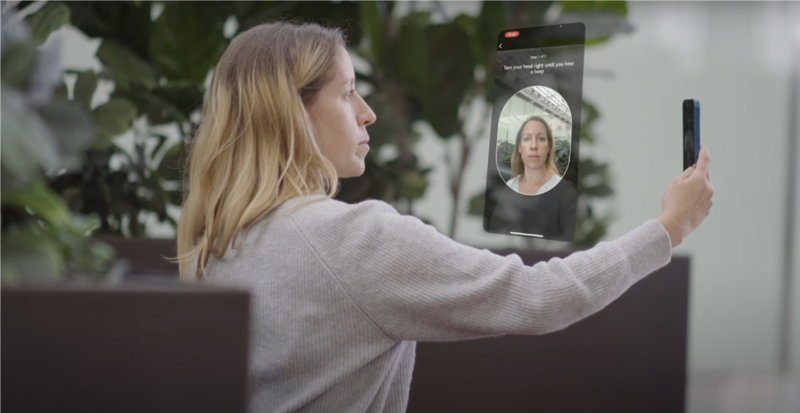You use your face to unlock your phone, so why not use it to board a flight?
What happened: Air Canada is piloting (and not the in-the-air kind) facial recognition technology for passengers boarding certain flights out of Vancouver to Winnipeg.
- Passengers can upload their passports alongside a selfie to create a “secure digital faceprint” (creepy) that can be used instead of flashing their boarding pass and ID.
Why it’s happening: Airlines may have reaped the big bucks last year, but it was at the expense of their reputations due to poor handling of the post-pandemic travel boom. Now, airlines are trying to make amends while devising ways to make travel more efficient.
Why it matters: As airlines try to combat labour shortages that stymied them over the past year, expect an accelerated push toward digital operations… whether you’re ready for it or not.
- Over a dozen US airports use facial recognition (with new TSA expansion plans), while European airline Lufthansa has had biometric operations in place since 2018.
Yes, but: This proposed solution requires turning over your biometric data to a company that’s no stranger to data breaches. Though Air Canada says it destroys your data within 36 hours from the day you travel, concerns remain.
- A former privacy commissioner told Global News that risks of identity theft and false positives could arise if Air Canada compares a single face to thousands of others.
- There’s also a risk that technical issues (which, let’s be honest, will totally happen) could make face scans more of a hassle than a convenience.
Bottom line: We all want to breeze through the airport, but if you’re hesitant to hand over a digital recreation of your likeness to experience that convenience, we don’t blame you.
